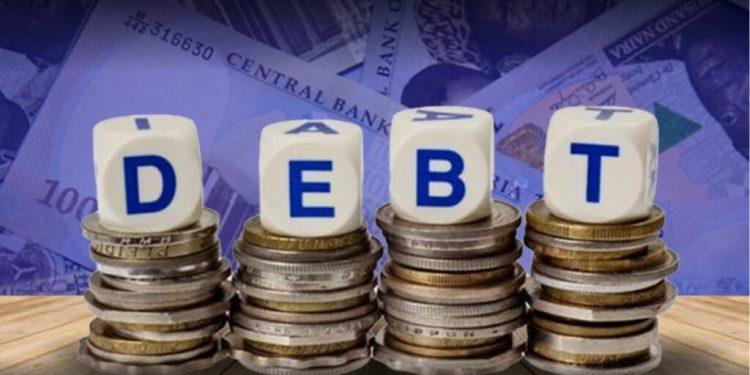Nigeria has spent a staggering $2.01 billion on servicing its external debt between January and April 2025, marking a significant 50% increase from the $1.33 billion recorded during the same period in 2024. According to the latest international payments data released by the Central Bank of Nigeria, which was obtained by The PUNCH on Wednesday, this sharp rise underscores the growing financial burden of external debt on the country.
The data reveals that debt servicing alone accounted for a substantial 77.1% of Nigeria’s total international payments in the first four months of 2025. This is a sharp increase from the 64.5% recorded in the same period last year, illustrating the increasing pressure on Nigeria’s foreign exchange reserves.
In total, Nigeria’s international payments, which encompass debt service, remittances, and letters of credit, amounted to $2.60 billion by the end of April 2025, up from $2.07 billion during the same period in 2024. The figures highlight the ongoing strain that servicing external debt places on the nation’s financial resources.
The data also revealed a decline in Nigeria’s foreign exchange reserves, which reportedly dropped by around $3 billion during the same review period. An analysis of the monthly trend shows that Nigeria made a payment of $540.67 million in January 2025, which was slightly lower than the $560.52 million recorded in January 2024. In February, the country paid $276.73 million, almost identical to the $283.22 million made during the same month in 2024.
As Nigeria faces increasing debt servicing obligations, concerns are mounting over the long-term impact on the nation’s economy, particularly as it continues to navigate fluctuating foreign exchange reserves.















